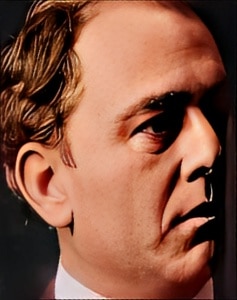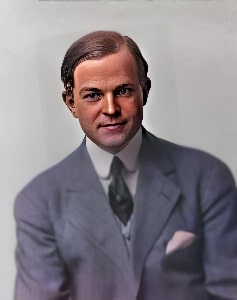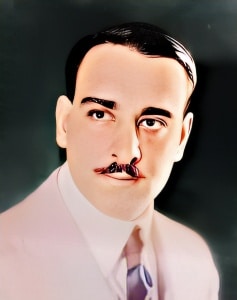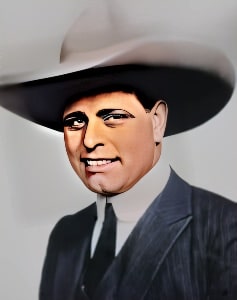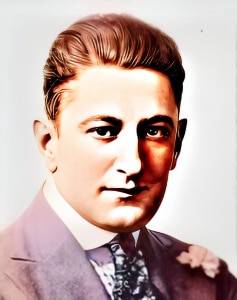 Allen Holubar was an American actor, director, and screenwriter who made significant contributions to the early years of American cinema.
Allen Holubar was an American actor, director, and screenwriter who made significant contributions to the early years of American cinema.
He was born on July 31, 1888, in San Francisco, California, and he played a pivotal role in the silent film era, both in front of and behind the camera.
Holubar’s career began in the theater, where he honed his acting skills. He later transitioned to the burgeoning film industry, making his mark as an actor during the silent film era. His powerful screen presence and versatile acting skills made him a sought-after performer.
One of his early notable roles was in the 1915 film “ The Birth of a Nation,” directed by D.W. Griffith. In the film, Holubar played multiple roles, showcasing his acting range. “ The Birth of a Nation” is a controversial but influential work in cinema history and played a significant role in advancing filmmaking techniques.
Holubar’s career extended beyond acting. He delved into directing and screenwriting, contributing to the development of narrative cinema. His work both in front of and behind the camera was part of the transformation of film from a novelty to a respected art form.
As the film industry transitioned to sound in the late 1920s, many silent film actors faced challenges in adapting to the new medium. Holubar successfully made the leap to sound cinema and continued to work in films.
One of his sound film appearances was in the 1932 film “A Bill of Divorcement,” directed by George Cukor and starring John Barrymore and Katharine Hepburn. Holubar played a supporting role in this drama, which explored themes of mental illness and family dynamics.
Allen Holubar’s dedication to his craft and his contributions to the evolving medium of cinema are remembered as important aspects of early Hollywood. His versatility as an actor, director, and writer marked him as a multifaceted talent in the industry.
He passed away on November 20, 1923, at the age of 35, marking the end of a career that played a crucial role in the early development of American cinema. Holubar’s work, both on and off the screen, remains a part of the rich history of the film industry, reflecting the collaborative and pioneering spirit of the early film era.

